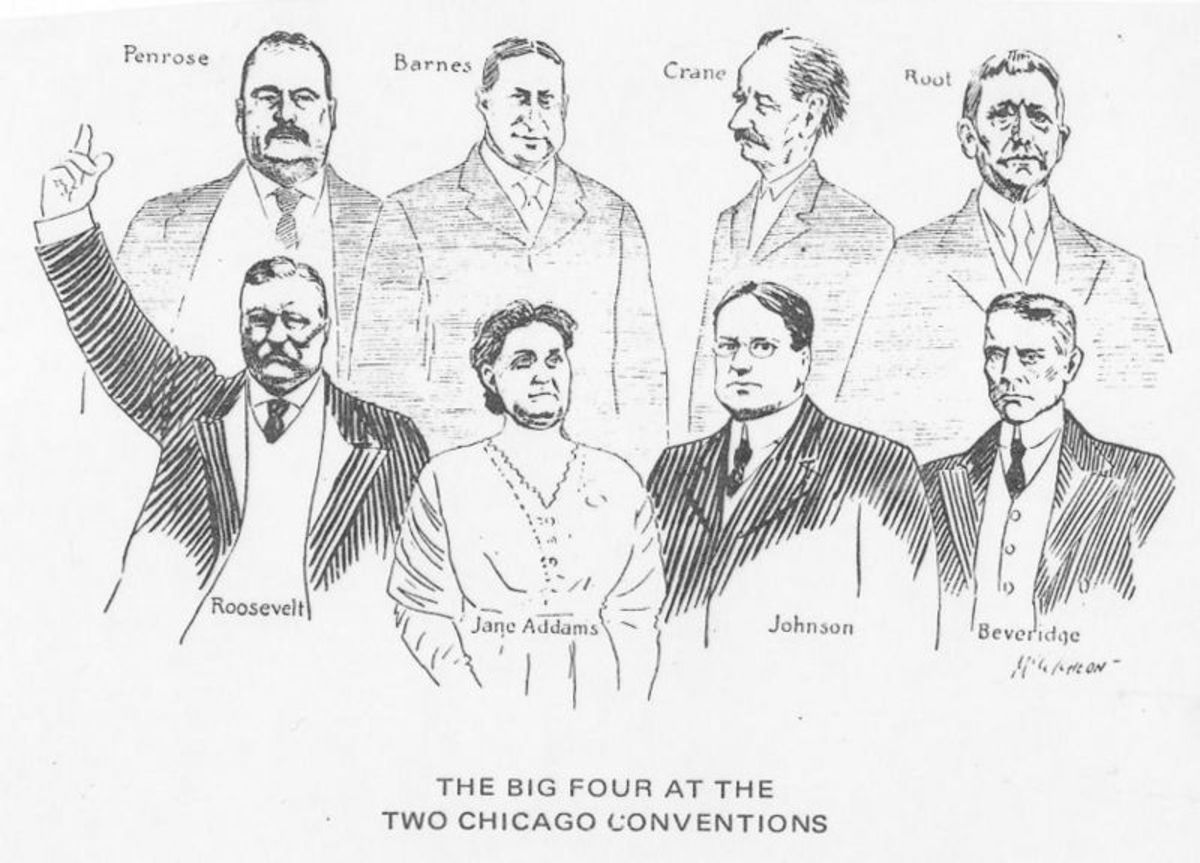The Political Traps Are Set, Be Careful Where Your Steps Take Us
Trap #1
Breaking his famous promise of "Read my lips. No new taxes!" the first President Bush, despite his administration's diplomatic and military victories in the Middle East, and relative affluence at home, lost his re-election bid for the presidency.
Many current House and Senate Republicans, in an echo of their party's former president, have signed a written pledge of "No new taxes!" and the Democrats would like nothing better than to see them publicly break their promises. If "a man is only as good as he is at keeping his promises," the saying goes, Republicans breaking those signed promises will be denounced in 2012 (and sooner) as being "not good enough to be re-elected."
President Obama tried to spring that trap at the time the nation worried over defaulting on the national debt. He had an understanding with the Republican leaders in the House and Senate that would have comfortably resolved the crisis comfortably in advance of the looming deadline. Knowing the deal could still be reached, he introduced a last minute set of fairly modest tax revenues that would indeed have been new taxes. If the Republicans accepted, the trap snapped. If the Republicans refused his changes, he would and did blame them for their lack of cooperation toward solving the crisis.
Trap #2
Democrat strategists remember that inspite of their losses of the elections in 1996, they had made up some of the ground in key areas by claiming Republicans didn't care about America's jobless, claiming instead that Democrats did as evidenced by their passing "The Full Employment Act" which had become Public Law 95-523 in 1995. The fact that then President Carter, and the Democrats' majorities in both houses of Congress didn't do much to implement that law, remains clear with today's official 9-percent unemployment, and President Obama asking for a new law to do what the 1995 Democrats promised their law (still a public law) was going to achieve..
Having remembered those past gains from laying the blame for joblessness on the Republicans in 1996, and then contrasting that blame with their own "full employment" efforts, President Obama and the Democrats think that playing the same game this time will make just enough difference in 2012 to overcome their dismal approval ratings. Riding their new "American Jobs Act" in the 2012 races is their updated version of riding their "Full Employment Act" in the election races of 1996. Once again President Obama's political advisors have him running what they see as "a win/win strategy." If their "Jobs Act" is passed and does make any difference, they win. If Republicans are successful in keeping their "no new taxes" promises by defeating the new revenues the Democrats' "Jobs Act" would require, the Democrats will claim Republicans don't care about America's jobless.
Where does this leave incumbent Republicans?
President Reagan won the 1996 election for the presidency on his promise of bipartisan cooperation on what, even then was a national crisis. He challenged the Democrats by asking them to explain why the best they could do hadn't proven to be a workable solution.
In the Reagan Administration years both parties admitted that the nation's biggest domestic problem was how to revive the economy, and both parties admitted that improving the job market and reducing deficits needed to go hand in hand with reviving the economy. Government spending stimulated the job market (and concurrently broke the Soviet economy in Russia!) Growth in the jobs market produced added revenues. Problems eased.
But.....
This time that solution can't be used, and the reasons are simple. Republicans have rejected more runaway spending by this administration. Democrats bought into the special committee responsible for seeing there are proposals for the promised cuts in government spending which are required lest draconian cuts are forced on the Obama Administration.
Inspite of the traps and this closing of escape routes, it is time for both parties to recognize that real change requires a decent end to political infighting, and that what is really needed is a bipartisan recognition that no one party made the problem and no one party is going to solve it....election or no election.
(c) 2011 Demas W. Jasper All rights reserved.
What is a solution to today's joblessness worth to you?
If new taxes are needed to actually create more jobs, could you agree to them?
Click the blue link to see The Full Employment Act Law of 1995
- Humphrey–Hawkins Full Employment Act - Wikipedia, the free encyclopedia
Why doesn't Congress work with this as a base, correct the flaws, boost the effectiveness, and get on with the job?









